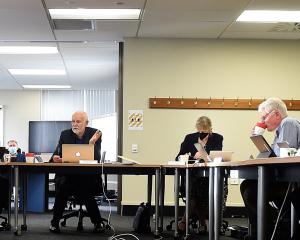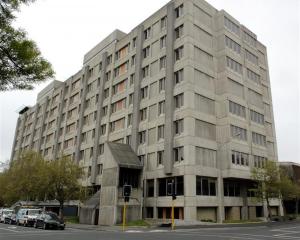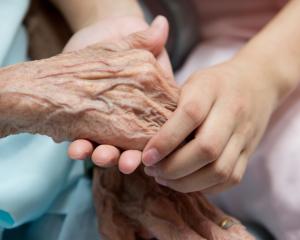Mr Macara was presenting a performance report card to the board's public health committee at its meeting in Dunedin yesterday.
Responding to concerns about after-hours medical care problems in Central Otago and Southland, Mr Macara said younger GPs were leaving medical school burdened with debt and unwilling to take on the responsibilities once second nature to "old school" GPs.
"The young school are quite different."
Younger GPs were less happy working in isolation and found after-hours care onerous, he said.
This was evident in the number of practices being bought by the likes of South Link Health that allowed GPs to work as employees.
To support younger GPs, Mr Macara emphasised the need for strong professional development programmes.
In addition, electronic programmes linking hospitals and general practices, nurse-led clinics and the growth of integrated care clinics were part of the mix.
Speaking of the PHO's failure to sign Invercargill GPs to provide free after-hours care for children under 6, which is a new national programme this financial year, he urged committee members to be patient.
It took time for such arrangements to be agreed to all parties' satisfaction, he said.
Committee chairman Malcolm Macpherson said the GP issue was one of the big risks facing the health sector.
Dr Macpherson said there was a "big space for innovation" in the sector, but its shape was unclear.
Advertisement












